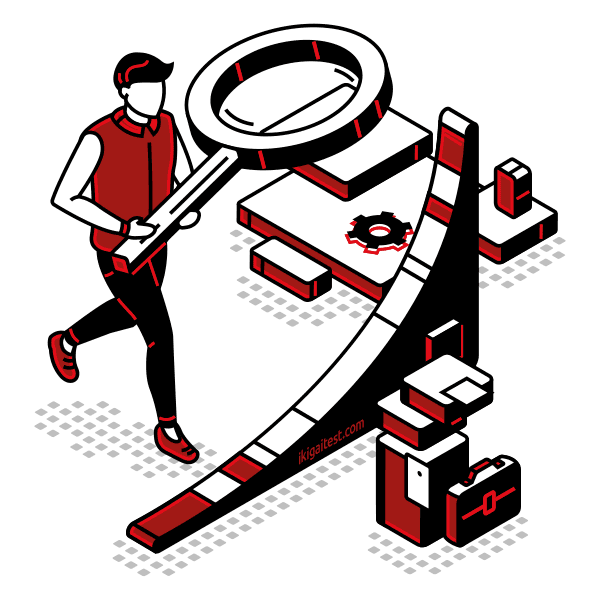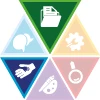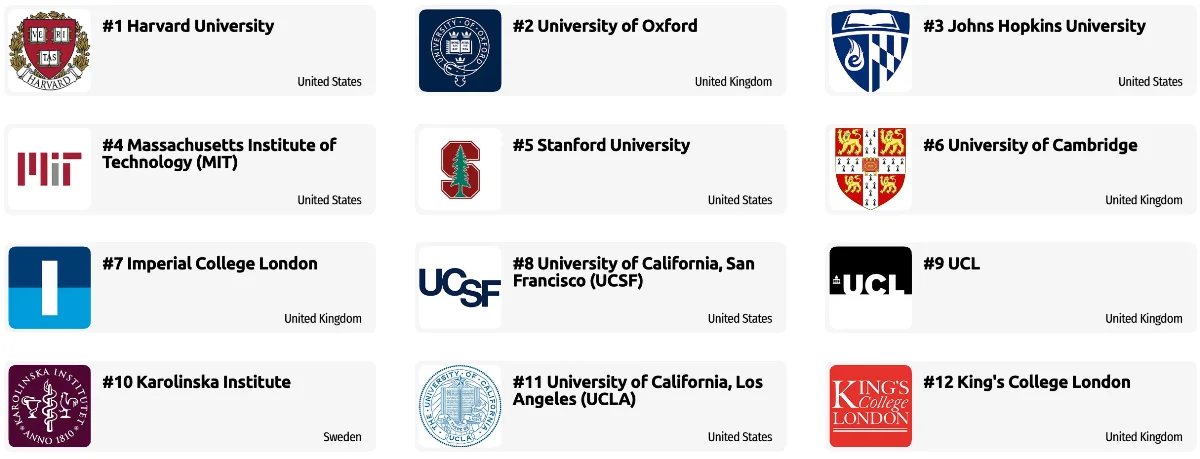Strategist

Most strategists should excel at:
- Establishing long-range objectives and specifying the strategies and actions to achieve them.
- Analyzing information and evaluating results to choose the best solution and solve problems.
- Developing specific goals and plans to prioritize, organize, and accomplish your work.
- Scheduling events, programs, and activities, as well as the work of others.
Inspector

Inspectors should be great at:
- Estimating sizes, distances, and quantities; or determining time, costs, resources, or materials needed to perform a work activity.
- Observing, receiving, and otherwise obtaining information from all relevant sources.
- Identifying information by categorizing, estimating, recognizing differences or similarities, and detecting changes in circumstances or events.
- Inspecting equipment, structures, or materials to identify the cause of errors or other problems or defects.
Other work activities related to Medical secretaries
- Scheduling tests or procedures for patients, such as lab working or x rays, based on physician orders.
- Scheduling and confirm patient diagnostic appointments, surgeries, or medical consultations.
- Compiling and recording medical charts, reports, or correspondence, using typewriter or personal computer.
- Answering telephones and directing calls to appropriate staff.
- Receiving and routing messages or documents, such as laboratory results, to appropriate staff.
- Greeting visitors, ascertaining purpose of visiting, and directing them to appropriate staff.
- Interviewing patients for completing documents, case histories, or forms, such as intake or insurance forms.
- Maintaining medical records, technical library, or correspondence files.
- Operating office equipment, such as voice mail messaging systems, and using word processing, spreadsheet, or other software applications to preparing reports, invoices, financial statements, letters, case histories, or medical records.
- Transmitting correspondence or medical records by mail, e mail, or fax.







